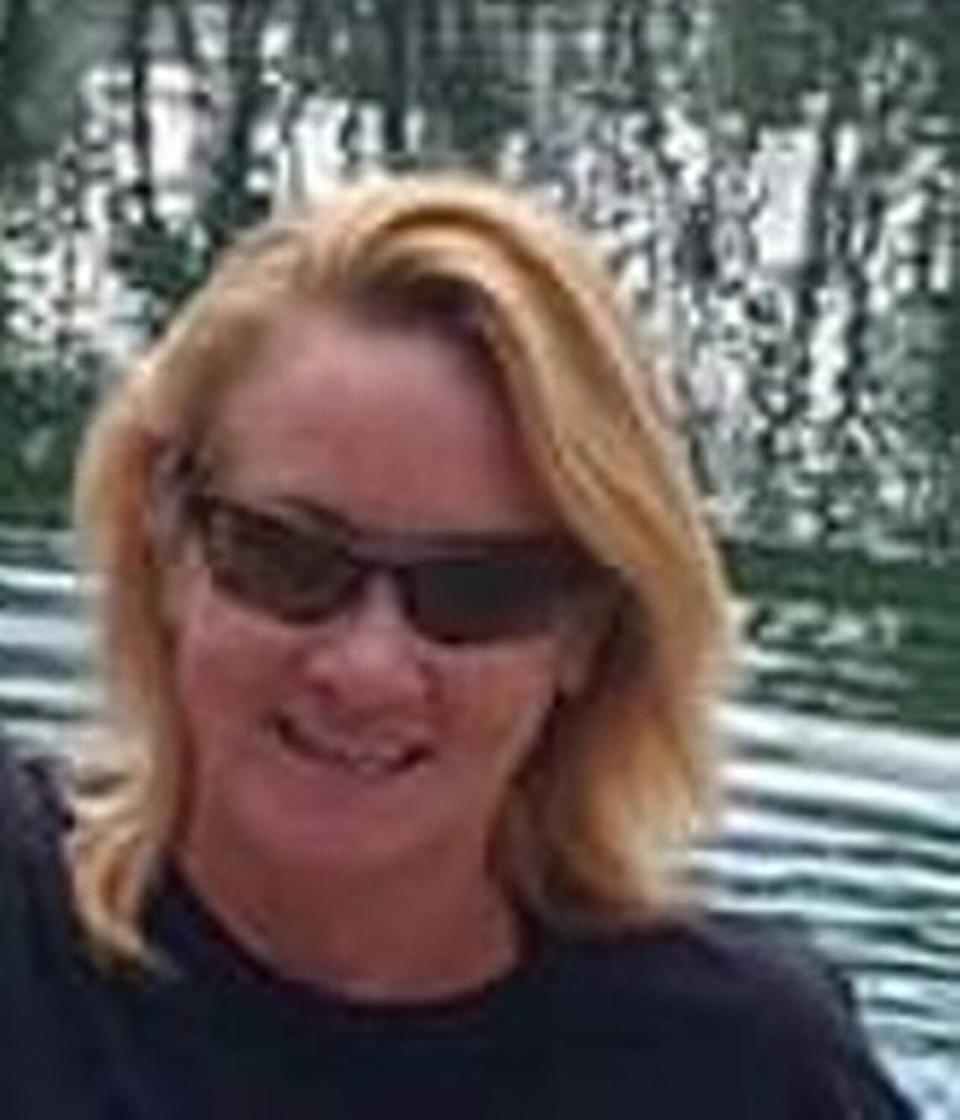Do not expand the Urban Development Boundary in South Dade. It’s needless and destructive | Opinion
Miami-Dade County Commissioner Kionne McGhee’s proposal to expand the Urban Development Boundary to include 1,291 acres in his South Dade district for industrial development is an understandable effort to spur economic activity for his constituents.
But it also runs contrary to decades of thoughtful land-use planning in the county, inconsistent with the primary goals and policies of the county’s land-use plan — and a bad precedent.
In order to preserve Miami-Dade’s critically important natural resources — including Biscayne Bay, the Everglades and unique farmland — the county plan steers urban projects to locations already planned for urban development, only allowing development to pave over farms or wetlands when a real countywide need exists.
McGhee’s resolution would locate a major urban logistics center in a coastal hazard area, dominated by wetlands and farmland. This land currently is protected from urban development because of its importance to Biscayne Bay, its role in preventing flooding and the protection it offers from the impacts of sea-level rise, such as saltwater intrusion into drinking-water supplies.
Coming on the heels of a private application to expand the urban boundary to include 800 acres for industrial and logistics uses in the adjacent commission district, McGhee’s resolution spurs unhealthy competition among commissioners to bring jobs to their constituents, at the expense of others.
This is not how land-use planning has ever been done. With major challenges facing south Miami-Dade in combating sea-level rise and restore Biscayne Bay’s wetlands, this is not the time to start.
The lure of job-creating development is always hard to resist — and its potential always exaggerated. But these UDB expansions are unnecessary. County planners recently issued an exhaustive, well-supported report documenting that more than enough land exists to meet the county’s needs for the next 20 years; it is already planned and available for urban uses within the UDB.
Those areas — located across the county — could lose development opportunities if an inappropriate alternative location opens up in south Miami-Dade. Under state law and the county’s own policies, that precludes new conversions of flood-prone, environmentally sensitive lands or farmland to urban uses.
County leaders should reject both proposals for logistics centers to the south. Instead, they should preserve this area to serve the greater priorities of sea-level rise sustainability, ecological restoration and the economic, social and environmental functions it currently provides for residents.
We urge Commissioner McGhee to steer new industrial development to land available in the urban area, including in his home district.
Diane Lockwood, a resident of District 9, is a business owner and member of the Redland Community Association. Gianna Trocino is policy and campaigns manager for the Cleo Institute.



